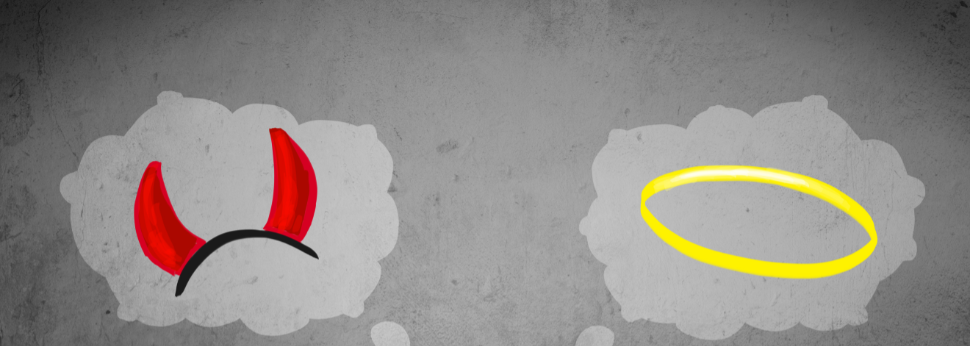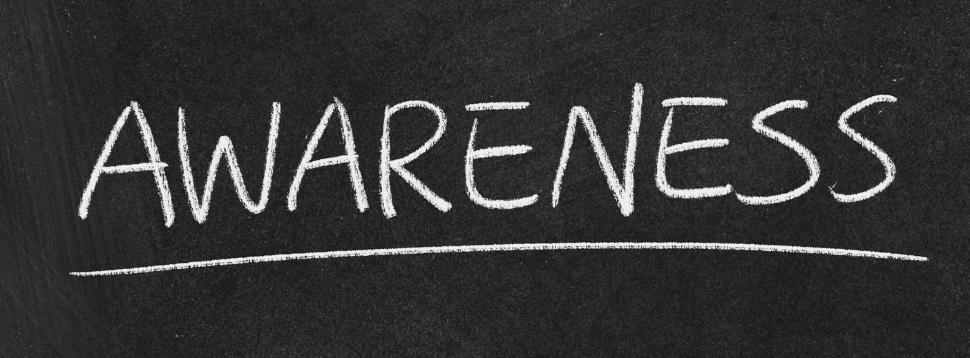The impact of social media: Insights from users and content creators
Have you ever wondered about the true impact of your social media habits? Or questioned the responsibility of content creators in shaping public opinion? In the latest episode of the "Youth Squad" podcast, host Marija and guest Filip, a dedicated content creator, dive into the complexities of the social media world. They explore its dual nature, the ethical responsibilities of creators, and the critical role of media literacy.

The dual nature of social media
Social media is often famous for its ability to connect people and provide infinite entertainment. Filip highlights several benefits such as entrainment, education and information:
- Platforms like TikTok and YouTube offer a plethora of content that helps people unwind and take a break from daily stress.
As Filip noted, "Social media can be a great escape, offering everything from light-hearted videos to inspiring stories."
- Social media can be a treasure trove of knowledge, offering everything from tutorials to up-to-the-minute news. It’s a space where diverse perspectives can thrive, broadening our understanding of the world.
"It's incredible how much you can learn from just scrolling through your feed" Filip added.
However, the digital landscape isn’t without its pitfalls. The discussion also touches on some of the darker aspects of social media:
- In the race for likes and followers, some creators resort to unethical or harmful content. This can include sensationalism or even misinformation.
"The pressure to go viral can lead to compromising content choices" Filip remarked.
- The rapid spread of false information can mislead audiences and have serious societal consequences, such as spreading panic or shaping biased opinions.
"Misinformation is one of the biggest challenges we face today on social platforms" Filip explained.

Ethical content creation
Filip highlight the importance of authenticity in content creation. Being genuine not only builds trust but also creates a deeper connection with the audience.
Sharing personal stories helps create a bond with viewers, making the content more relatable and engaging. "When I share something from my life, it resonates more with my audience" Filip shared.
Tackling issues like mental health, relationships, and personal growth can resonate with a wide audience, fostering a sense of shared experience. Filip said "Talking about common struggles brings us together and helps us understand each other better".
While humor can make content more engaging, it’s crucial to handle it with care to avoid offending or alienating parts of the audience. Always consider the potential effects of jokes or comments on diverse audience groups. "Humor is powerful, but it needs to be used responsibly" Philipp advised.
Stick to humor those uplifts and connects people and steer clear of topics that might cause division or hurt feelings. "It's better to focus on what unites us rather than what divides us" he concluded.
The role of media literacy
In today's digital age, understanding how to navigate and interpret media is more important than ever. Media literacy equips both creators and consumers with the skills to critically evaluate content, helping them discern between reliable information and misinformation. Here's why it's crucial for everyone involved in the online space.
- Understanding the broader impact of their content helps creators produce responsible and thoughtful media. "Knowing the influence of your words and actions online is crucial" Philipp emphasized.
- Critical thinking skills enable audiences to navigate the digital space, understanding between credible sources and misleading information. "It's about being an informed consumer and not taking everything at face value" he noted.
Philipp advocates for making media literacy a core component of education: Media literacy should be taught in an engaging way, equipping students with the tools to critically assess social media content.
"Teaching these skills early on can empower young people to make better choices online" Philipp said.
Education on media literacy should be inclusive and accessible, ensuring everyone can develop these crucial skills. "Everyone deserves the tools to navigate the digital world safely and responsibly" he added.

Audience awareness and engagement
Philipp notes a positive trend where audiences, especially on platforms like TikTok, are becoming more vocal about calling out harmful content:
- There’s a growing consciousness among users about the effects of misogynistic or inappropriate content, indicating a shift towards a more critical and conscious audience.
"It's encouraging to see more people standing up against harmful content" Philipp observed.
- Navigating online interactions can be challenging, especially when dealing with negative feedback. Philipp shares his approach: To protect his mental health, Philipp sometimes disables comments and likes after posting, helping him focus on the content rather than the numbers.
"It's about protecting your peace and focusing on what truly matters" he explained.
Navigating hate comments
Philipp discusses his experience with hate comments and the strategy of responding with kindness:
- Focus on the positive aspects of your work and try not to let negative comments overshadow the good.
"Not everyone will like what you do, and that's okay" Philipp reflected.
- Encourage constructive feedback and foster a community that supports positive and respectful interactions.
"Creating a supportive space online can make a big difference" he noted.
Using social media for good
Filip expresses a desire to use his platform for social activism:
- Leveraging a following can amplify important causes and drive social change.
"Once you have an audience, you have a responsibility to use that voice for good" Philipp said.
- Building a community of like-minded individuals can help spread positive messages and support social initiatives.
"It's about coming together to make a difference" he added.
Filip plans to tackle broader societal issues, such as toxic masculinity in his content:
- Use your platform to facilitate open and inclusive conversations on important topics.
"We need to talk about these issues openly to bring about change" Philipp emphasized.
- Create content that is both entertaining and educational, prompting your audience to think and engage deeply with the issues at hand.
"You can make people laugh and think at the same time," he concluded.
The episode, Activism in digital age, with Filip on the "Youth Squad" podcast sheds light on the ethical responsibilities of content creators and the vital role of media literacy.
Stay on the "Youth Squad" podcast for more discussions on topics that matter and continue to engage with content that promotes positive values and inclusivity.


